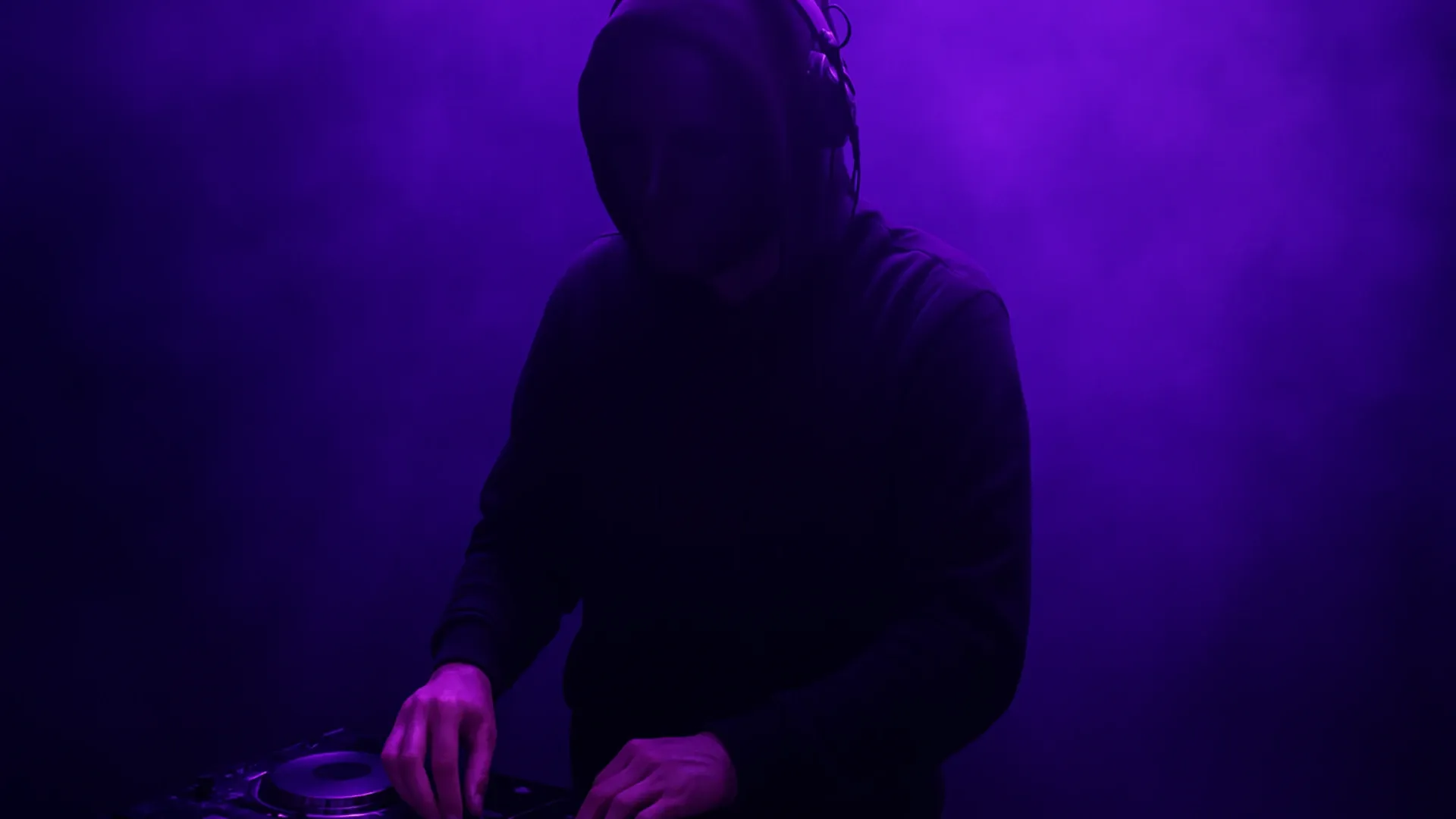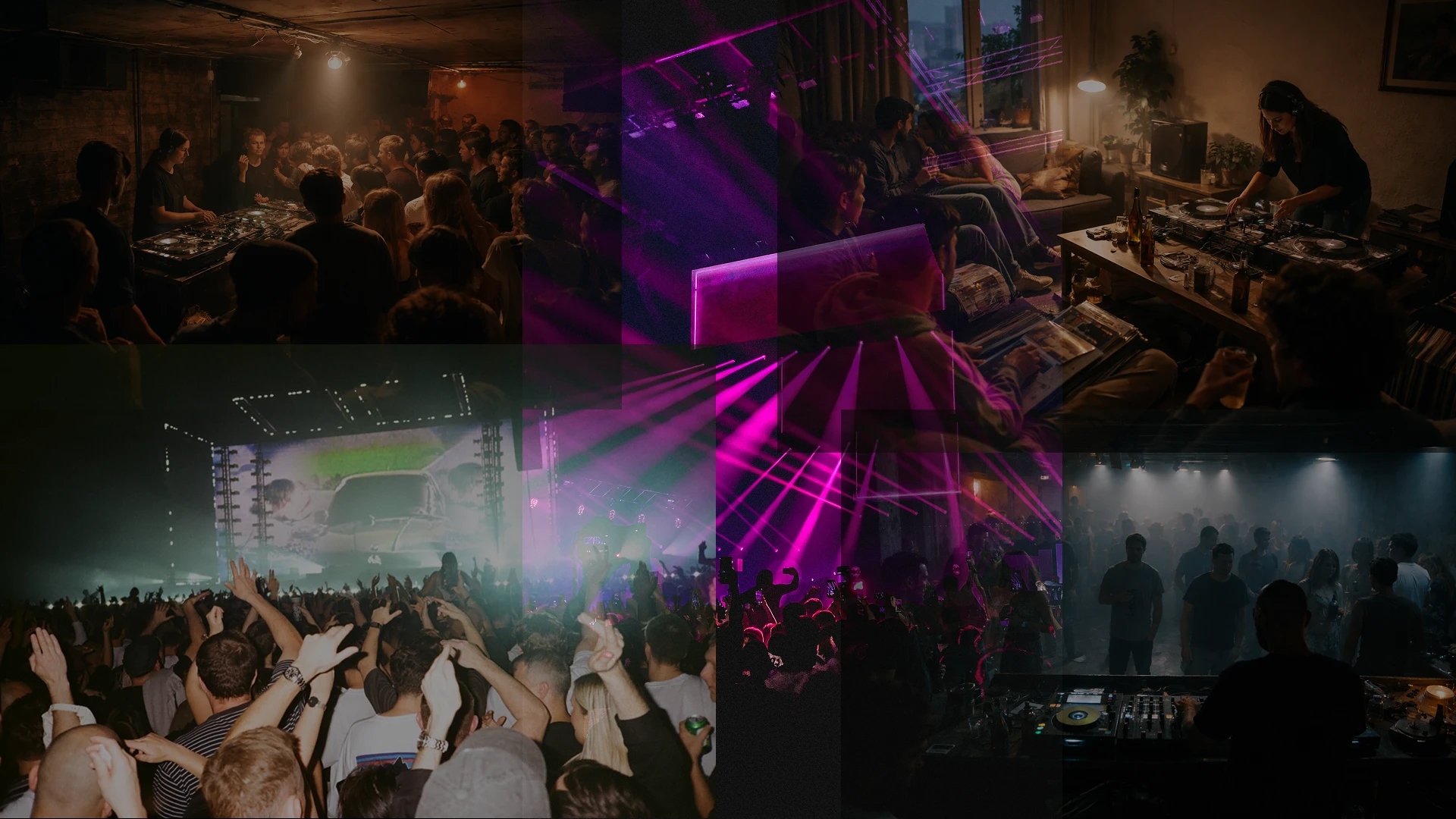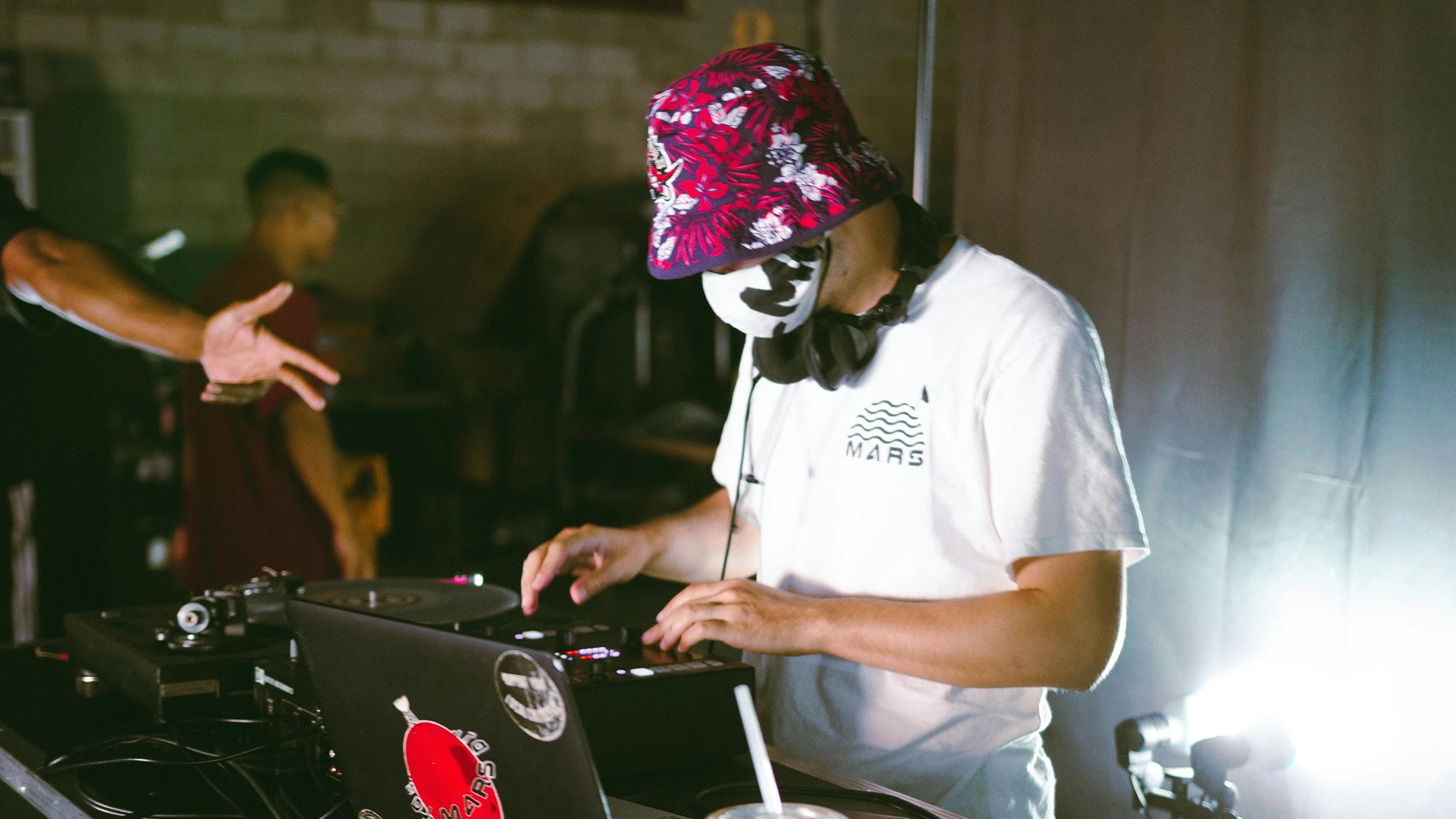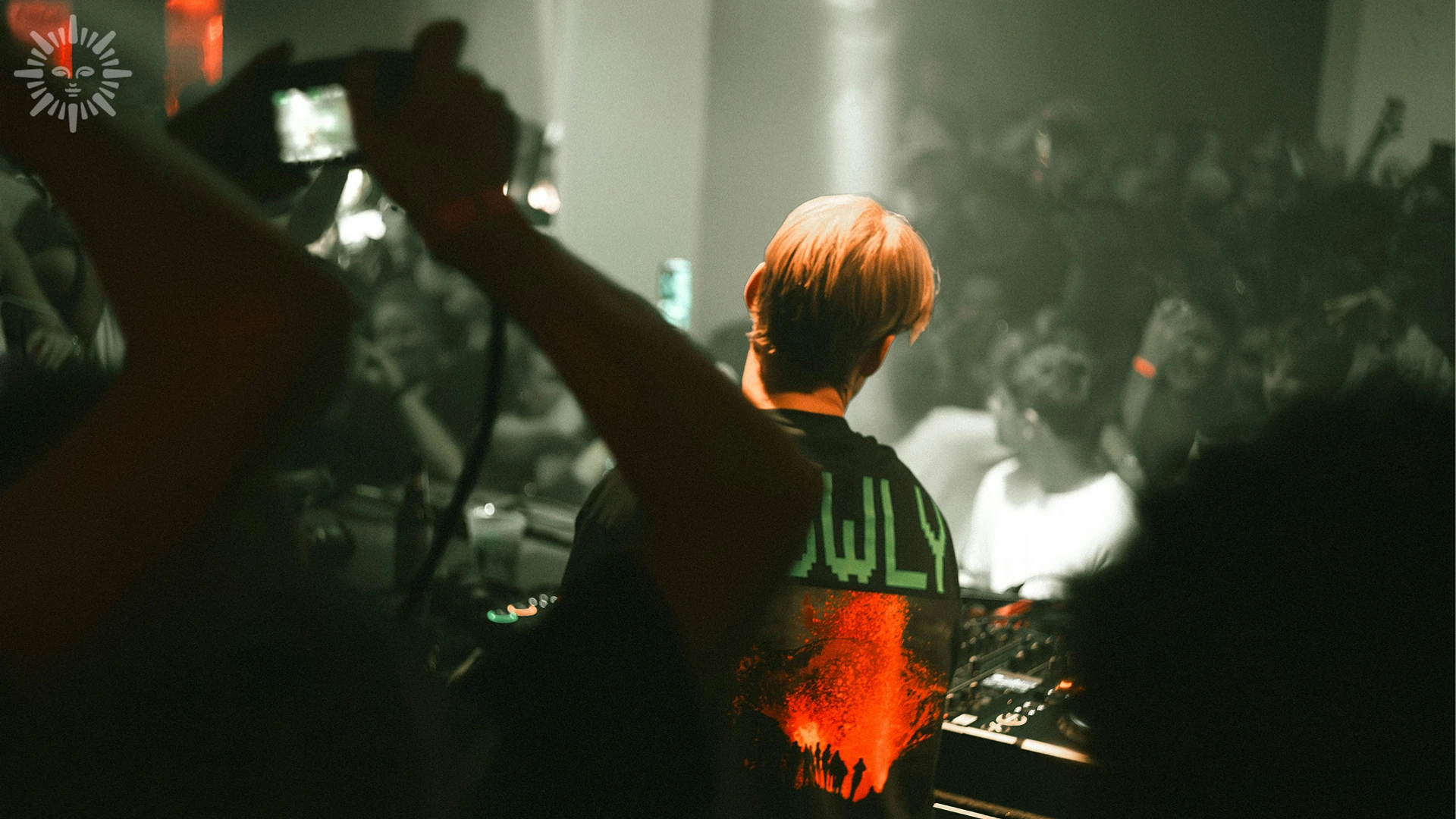The End of the DJ Superstar Era in Dance Music?
Why underground scenes, collectives, and communities are replacing celebrity DJs as the face of electronic music.
3 minutes read
Intro
For nearly two decades, the global dance music economy was dominated by a familiar image: a DJ elevated above the crowd, arms stretched wide, fireworks exploding behind them as tens of thousands screamed. From Vegas megaclubs to festival mainstages, names like Tiësto, David Guetta, Steve Aoki, and Calvin Harris symbolised the apex of the superstar DJ, figures as recognisable as rock icons, earning fees in the hundreds of thousands per gig.
In 2025, that era feels like it’s losing its shine.
The Cracks in the Fantasy
The superstar DJ model was built on spectacle. High-production shows, Instagrammable drops, ghost-produced tracks polished for maximum festival impact, all wrapped in the aura of excess. But today’s dance music community is asking harder questions: What’s authentic? What’s sustainable?
Streaming platforms and social media have made behind-the-scenes access universal. Fans know about ghost production, staged influencer content, and the reliance on pre-recorded sets. As a result, the mystique of the DJ as an icon is fading. Meanwhile, promoters report that the high fees of legacy superstars are no longer translating into sold-out tickets. Audiences aren’t as keen to pay premium prices for recycled festival lineups.
The headliner used to be 80% of the draw. Now, the vibe of the whole weekend is the selling point.
- UK Festival Booker
Underground Rising
If the superstar model is cracking, the underground is filling the space. Across cities like Berlin, Detroit, São Paulo, and Seoul, local collectives are drawing dedicated crowds with community-first parties. The DJs are often semi-anonymous or part of crews, and the selling point is the experience: raw warehouses, open-air raves, immersive sound systems.
“The star is the night, not the DJ.” This sentiment reflects a generational shift. For this generation, the music and community matter more than worshipping one person behind the decks.
In places where raving has faced political pressure, such as Kyiv’s techno scene during wartime, or São Paulo’s underground resisting city crackdowns, the party itself becomes a political statement. The focus is solidarity, not celebrity.
Social Media Detox
Social media fatigue is another reason the superstar DJ era is fading. While the 2010s rewarded DJs who mastered Instagram branding and influencer tactics, today’s younger artists are choosing to step back. Many deliberately avoid TikTok gimmicks and curated feeds, opting for mystery, collectives, or no online presence at all.
This shift toward anonymity mirrors wider cultural currents. In an age of algorithmis, artists who resist visibility feel more authentic. Audiences reward scarcity: the DJ who refuses to livestream their set is suddenly more interesting than the one who posts daily content.
The spotlight on individual personas is fading, replaced by a focus on collectives, sound, and the shared energy of the dance floor.
- Next Sound
A Different Kind of Fame
None of this means DJs won’t be famous in the future. Fame itself is changing. Instead of towering personalities, recognition is spread across collectives, labels, and hybrid projects. The spotlight on individual personas is fading, replaced by a focus on collectives, sound, and the shared energy of the dance floor.
We’re entering an era where the most exciting names in dance music may not be individuals at all. They might be collectives running parties in disused factories, AI-assisted collaborations blurring authorship, or promotions that make their identities secondary to the experience.
I don’t need to be a superstar. I just need to be part of something people feel connected to.
- SELVA (an up-an-coming DJ from London)
The Closing Chapter
The superstar DJ isn’t dead, but their reign as the definitive face of electronic music is ending. The future belongs to those who treat the dancefloor as more than a stage for ego. Whether through anonymity, collectives, or politics, underground energy is pushing back against the spectacle.
The next decade of dance music may not have one single face to represent it and that might be exactly why it thrives.



